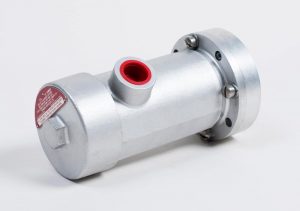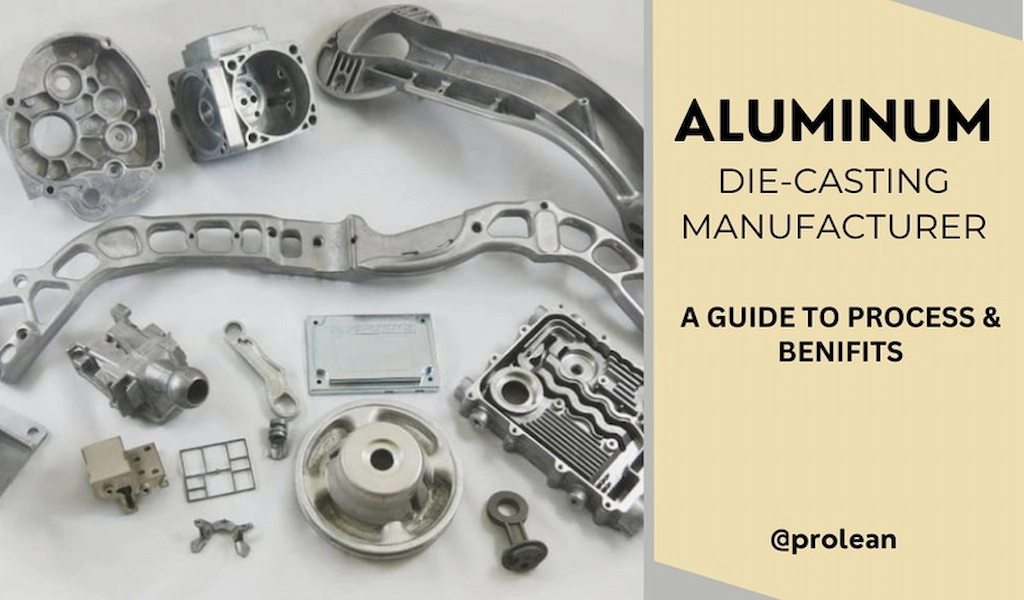How Aluminum Foundry services impact engineering projects
Comprehending the Function of Aluminum Foundry in Creating High-Quality Steel Products
Aluminum factories are important in the manufacturing of high-quality metal products. They utilize different casting techniques, such as sand and die spreading, to achieve accuracy and resilience. With rigorous quality assurance steps in area, these facilities guarantee that their products meet industry requirements. As sectors evolve, the role of Aluminum factories continues to adjust. This increases inquiries concerning future advancements and sustainability techniques that may redefine their impact.
The Aluminum Spreading Refine: Techniques and Developments
The Aluminum casting process has developed significantly, integrating various methods and advancements that boost performance and product quality. Generally, techniques such as sand spreading and pass away spreading were primary; nonetheless, advancements have introduced processes like investment spreading and low-pressure die spreading. These developments allow makers to attain detailed layouts and tighter tolerances, lowering product waste and enhancing overall performance.
Additionally, the integration of computer-aided layout (CAD) and simulation software permits even more exact modeling and testing, making sure that possible problems are determined early in the production cycle. Furthermore, developments in alloy formulations lead to boosted mechanical residential or commercial properties and rust resistance
These growths not just streamline manufacturing however also promote sustainability by reducing power usage and exhausts. As the sector remains to welcome brand-new modern technologies, the Aluminum spreading process continues to be an essential element in generating top notch metal items that meet varied market needs.
Applications of Aluminum in Various Industries
Light weight aluminum's flexibility and desirable homes make it a valuable material throughout various sectors. In the vehicle field, Aluminum is widely utilized for its lightweight features, contributing to enhanced fuel effectiveness and performance. The aerospace sector likewise advantages, as light weight aluminum's high strength-to-weight ratio enhances airplane design while preserving safety requirements.
In building and construction, Aluminum is preferred for its longevity and resistance to rust, making it optimal for window structures, roof, and architectural components. The product packaging sector leverages light weight aluminum's safe nature and recyclability, specifically in food and drink containers, ensuring security and sustainability.
Furthermore, the electric sector uses Aluminum for its superb conductivity in circuitry and transmission lines. The durable goods market makes use of Aluminum in products varying from cooking area tools to electronic devices, emphasizing its adaptability. Consequently, Aluminum plays a vital function in improving performance, effectiveness, and sustainability across varied applications.
Benefits of Making Use Of Aluminum Over Other Steels
While lots of steels are utilized in various applications, Aluminum stands out due to its special combination of residential properties that supply a number of advantages over other products. Its light-weight nature substantially minimizes transport costs and energy intake, making it suitable for industries such as automobile and aerospace. Aluminum's excellent rust resistance enhances longevity, expanding the life of products and minimizing upkeep requirements. Additionally, it shows high thermal and electric conductivity, making it suitable for electric and thermal management applications.
The metal's malleability permits for intricate shapes and complex designs, giving flexibility in making processes. In addition, Aluminum is 100% recyclable without loss of top quality, promoting sustainability and lowering ecological influence. Aluminum Castings. These characteristics, combined with its reasonably reduced cost compared to other steels, setting Aluminum as a preferred choice throughout various markets. Overall, the benefits of Aluminum add to its enhancing appeal in the manufacturing of high-grade metal products

High Quality Control Steps in Aluminum Foundries
Quality assurance actions play an important function in the Aluminum Foundry procedure, ensuring that the end products meet extensive industry criteria and consumer expectations. These actions typically begin with product assessment, where raw Aluminum is reviewed for pureness and structure. Once the spreading process starts, temperature level control is vital; keeping suitable molten steel temperature levels protects against defects such as article porosity and shrinkage.
Furthermore, non-destructive screening (NDT) strategies, including ultrasonic and radiographic inspections, are utilized to discover inner defects without damaging the castings. Visual inspections are additionally performed at different phases to determine surface blemishes.
In addition, adherence to established top quality administration systems, such as ISO standards, is essential for preserving consistency and traceability throughout the manufacturing process. Normal audits and employee training on top quality standards add to a general culture of quality, guaranteeing that the items not you can find out more only fulfill however exceed client assumptions in performance and resilience.
The Future of Aluminum Foundries: Fads and Sustainability
As the Aluminum Foundry market evolves, emerging fads and a concentrate on sustainability are improving its landscape. Boosting demand for lightweight and long lasting products in markets like auto and aerospace drives technology in Aluminum spreading techniques. Advanced innovations, such as expert system and automation, are enhancing production effectiveness and accuracy while decreasing waste.
Sustainability is becoming a vital concern, prompting factories to apply environmentally friendly methods, including reusing Aluminum scrap and utilizing renewable power resources. The shift towards circular economic situation principles encourages factories to decrease ecological influence while meeting consumer assumptions for sustainable items.
Additionally, regulatory pressures are pushing the market towards cleaner operations, cultivating collaboration between manufacturers and environmental organizations. As these patterns converge, the future of Aluminum foundries will likely be characterized by a commitment to sustainability, high quality, and efficiency, guaranteeing their significance in a competitive market.
Often Asked Inquiries
What Are the Ecological Effects of Aluminum Foundries?
Aluminum factories add to environmental influences through power intake, greenhouse gas emissions, and possible air and water pollution. Additionally, mining bauxite for Aluminum can lead to environment damage and soil destruction, influencing neighborhood communities.

How Do Foundries Make Sure Worker Safety And Security During Production?
Factories execute strenuous safety methods, including protective devices, ventilation systems, and normal training. They perform risk evaluations and maintain safety and security criteria to minimize risks, making certain a more secure working atmosphere for workers throughout the production procedure.
What Accreditations Should a Light Weight Aluminum Foundry Have?
An aluminum Foundry ought to possess qualifications such as ISO 9001 for high quality administration, ISO 14001 for ecological monitoring, and OSHA conformity for security criteria. These dig this qualifications assure adherence to sector policies and commitment to quality and safety techniques.
How Does Aluminum Recycling Affect Foundry Operations?
Aluminum recycling significantly improves Foundry procedures by supplying a cost-efficient raw product resource, reducing power intake, and lessening ecological influence - Wisconsin Aluminum Foundry. It additionally urges lasting methods, enabling foundries to maintain competition in a quickly progressing market
What Are Typical Problems in Aluminum Castings?
Typical issues in Aluminum spreadings include porosity, shrinking, inclusions, and surface area blemishes. These problems can develop from improper mold and mildew layout, poor putting techniques, or contamination during the melting and spreading procedures, impacting overall item high quality.
